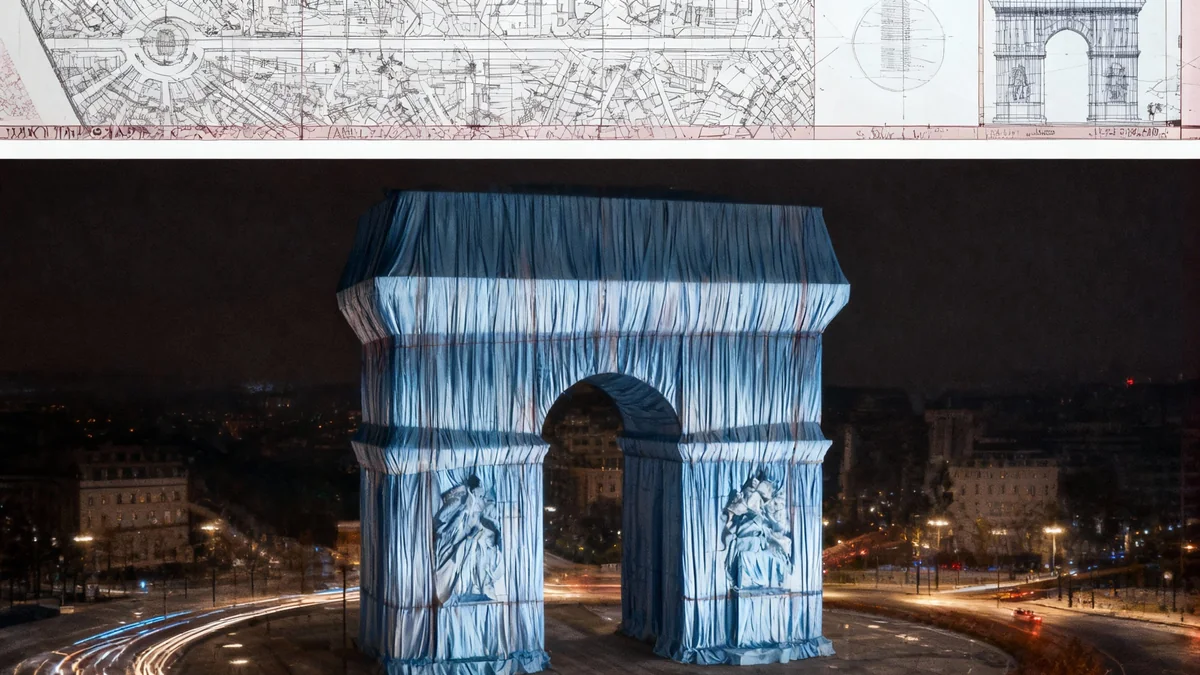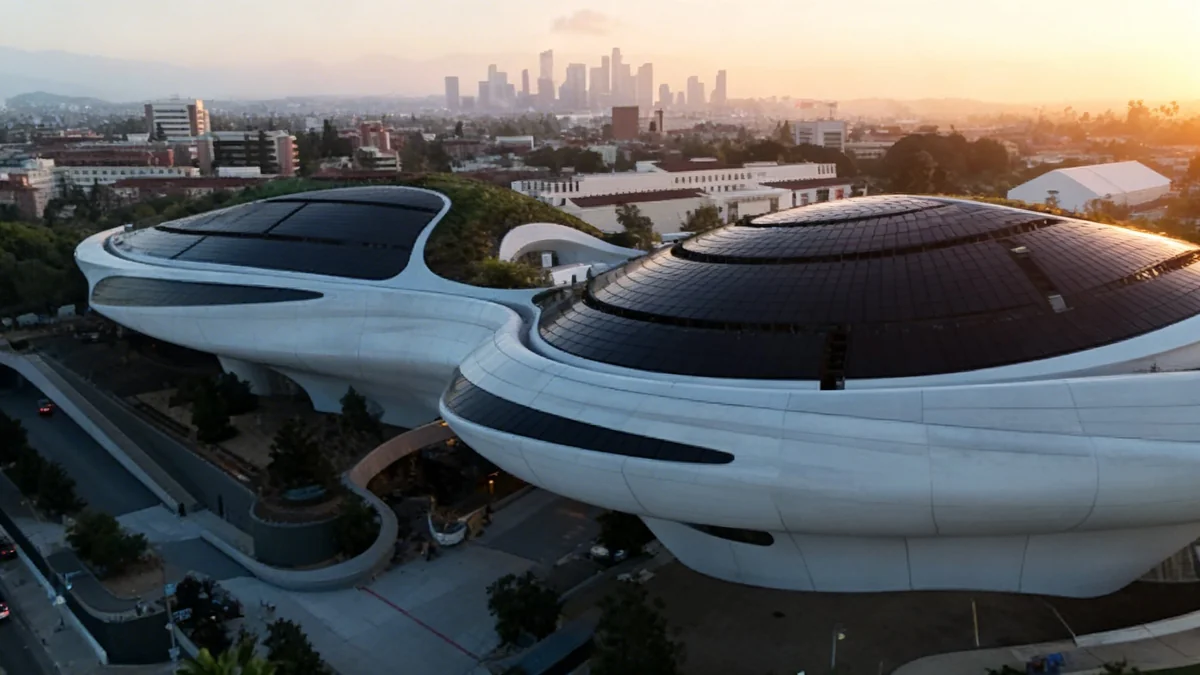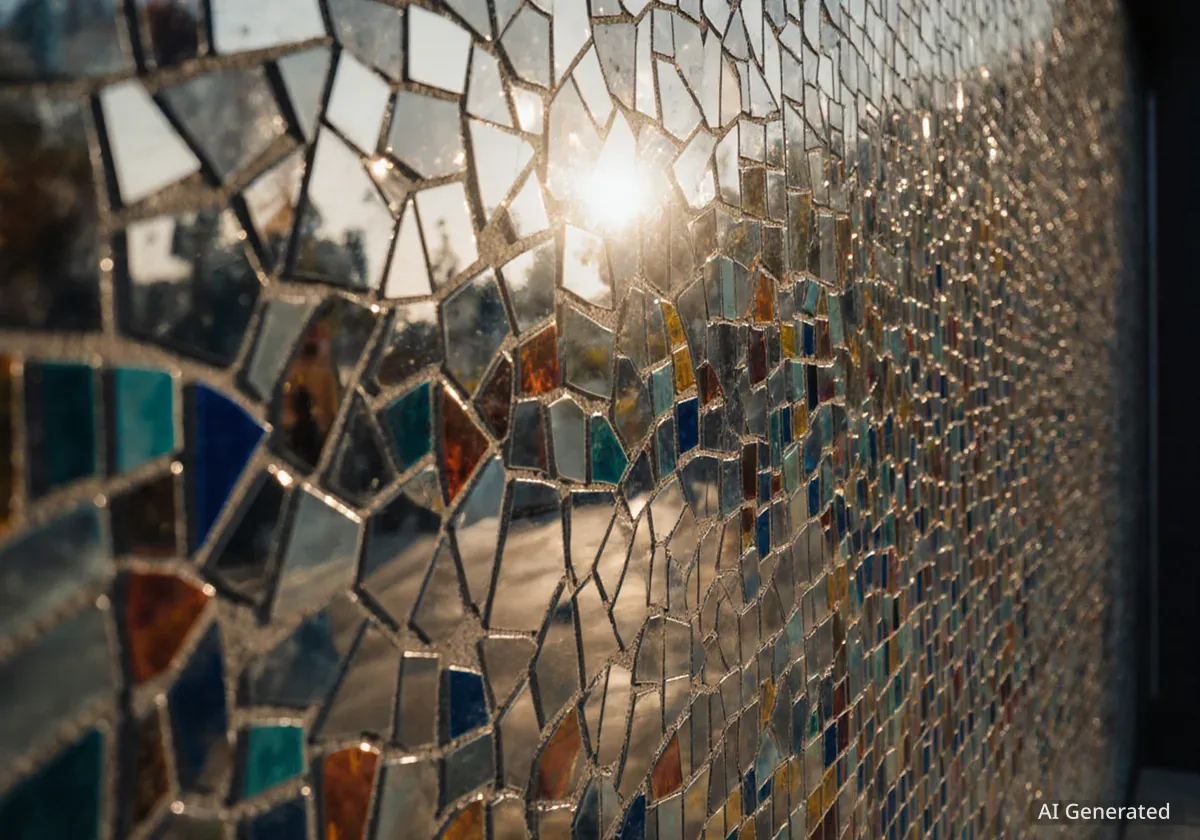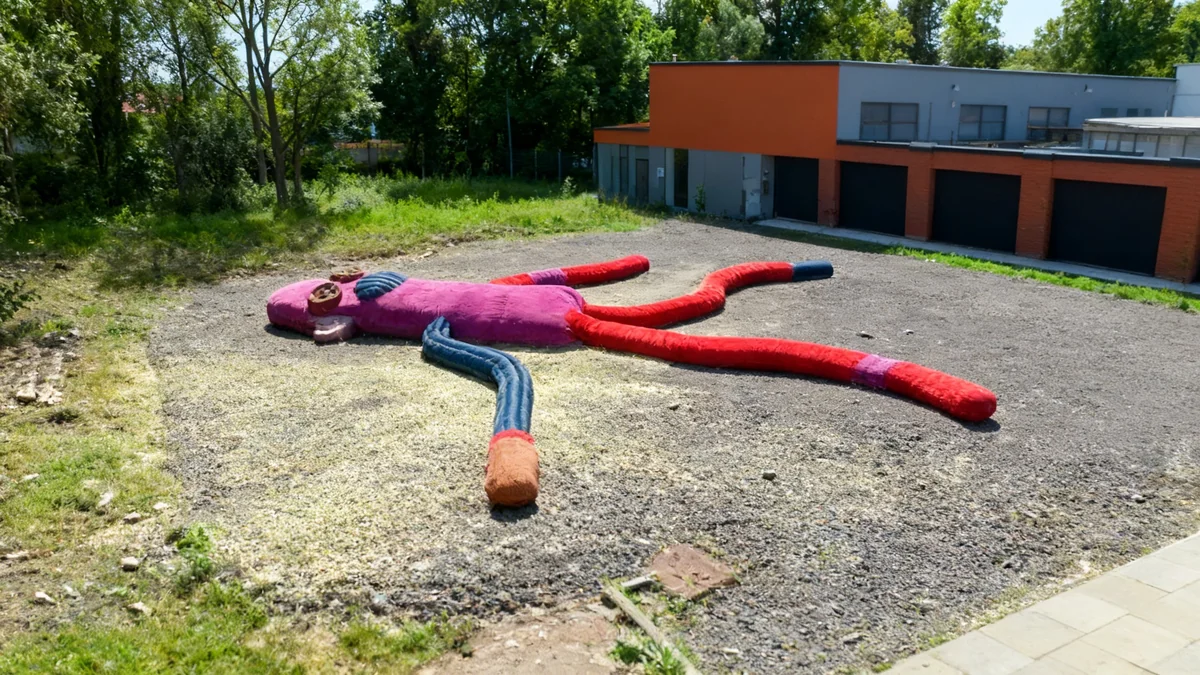The Fondation Beyeler, a prominent institution near Basel, Switzerland, known for its modern and contemporary art collection, has announced a groundbreaking new role. Rahel Kesselring has been appointed as the museum's first botanical curator, a position believed to be unique among major art museums. This appointment signifies a deeper commitment to integrating the museum's extensive gardens and natural surroundings with its artistic mission.
Key Takeaways
- Fondation Beyeler appoints Rahel Kesselring as its first botanical curator.
- The role focuses on preserving flora and fauna and developing public garden programs.
- This initiative expands traditional curatorial expertise beyond gallery walls.
- The Chanel Culture Fund supports the multi-year partnership.
- The move highlights a growing emphasis on ecological stewardship in the art world.
A New Approach to Art and Nature
The Fondation Beyeler has always had a strong connection to its natural setting. Designed by Pritzker Prize-winning architect Renzo Piano, the museum building itself is nestled among old trees, lily ponds, green fields, and vineyards. This scenic location, on the edge of Germany’s Black Forest, provides a unique backdrop for its art collection.
For nearly three decades, the museum has hosted site-specific artworks that engage with the environment. In 1998, artist Christo famously wrapped 178 trees on the property. More recently, Olafur Eliasson brought an outdoor pond directly into the gallery space by removing part of the building's facade, using a non-toxic dye to create a neon glow in the water.
"Nature is not a backdrop to our work, but a living part of it," said museum director Sam Keller. "This role affirms our commitment to caring for the whole ecology of this place with the same depth, imagination and responsibility we bring to everything we do."
Kesselring's role as botanical curator will formalize and expand this dialogue. Her mission is to strengthen the connection between art and nature, focusing on the preservation of the site's diverse plant and animal life. She will also develop new public programs that utilize the gardens as an integral part of the museum experience.
Interesting Fact
The Fondation Beyeler is home to one of western Europe’s leading collections of modern and contemporary art, attracting visitors for both its artistic offerings and its beautiful landscape.
The Importance of Plants in Culture
Rahel Kesselring, a Swiss academic, brings a deep understanding of the ecological and cultural significance of plants to her new role. She emphasizes the fundamental importance of flora to human existence and cultural development.
In a video interview, Kesselring highlighted the pervasive influence of plants. "Plants are enormously important for our culture," she stated. "They sustain us…we live in a world that has been fully built by plants. We have a deep connection to them, physically, culturally and historically." Her work aims to make these connections more visible and accessible to the public.
This appointment reflects a growing awareness within the art world of environmental concerns. With climate change impacts becoming more evident, institutions are increasingly recognizing their role in ecological stewardship. The Fondation Beyeler is setting a precedent by elevating ecological care to the same level as artistic curation.
Background Information
The Fondation Beyeler was designed by Renzo Piano, a Pritzker Prize-winning architect known for his innovative and environmentally sensitive designs. The museum opened nearly 30 years ago.
Support from the Chanel Culture Fund
The new position, officially titled the Chanel botanical curator, receives support from the Chanel Culture Fund. This philanthropic arm of the French luxury house focuses on backing innovative cultural projects globally. Chanel's involvement underscores a commitment to long-term, transformative initiatives rather than short-term sponsorships.
Yana Peel, president of arts, culture and heritage at Chanel, explained the fund's strategy. Unlike some luxury brands, Chanel does not operate its own brick-and-mortar cultural institutions. Instead, it seeks to create significant impact through partnerships, focusing on projects that are non-transactional and not aimed at product sales.
"We have specifically not been sponsoring galas or parties or short-term projects," Peel said. She emphasized the fund's desire to focus on "transformational" work. The initiative is about "wanting to have a positive impact on the world."
While the exact duration of the funding for Kesselring's role was not confirmed, it is understood to be a multi-year partnership. This aligns with the Chanel Culture Fund's broader mission, which prioritizes longer-term engagements. Established five years ago, the fund has already invested in 50 projects across 15 countries.
Global Impact of the Chanel Culture Fund
- Shanghai, China: Supporting a major renovation of the Power Station of Art's third-floor gallery, including the creation of China's first contemporary art library with a capacity for 50,000 books.
- São Paulo, Brazil: Partnering with the Pinacoteca de São Paulo to establish a new annual residency program specifically for women artists.
- Southern California, USA: Funding the Chanel Center for Artists and Technology at CalArts.
These initiatives demonstrate the fund's wide-ranging commitment to fostering cultural innovation and supporting artistic endeavors around the world. The partnership with the Fondation Beyeler for the botanical curator role represents a unique expansion into ecological and environmental curation within the arts.
Inspiring Broader Change
Kesselring hopes her appointment will inspire other institutions and the public to rethink their relationship with nature. The role presents a new model for arts institutions, pushing the boundaries of what curatorial expertise can encompass. It moves beyond the traditional 'white cube' gallery space into the living landscape.
As symptoms of the climate crisis become more pressing for individuals and businesses, including those in the art world, the Fondation Beyeler's decision to prioritize ecological stewardship sends a strong message. It underscores the idea that cultural institutions have a vital role to play in addressing environmental challenges.
"We need to rewrite our understanding of our relationship with nature," Kesselring stated. This forward-thinking approach could lead to broader changes in how museums engage with their surroundings and how they present art within an ecological context. It encourages a more holistic view of culture, where art and nature are deeply intertwined.




